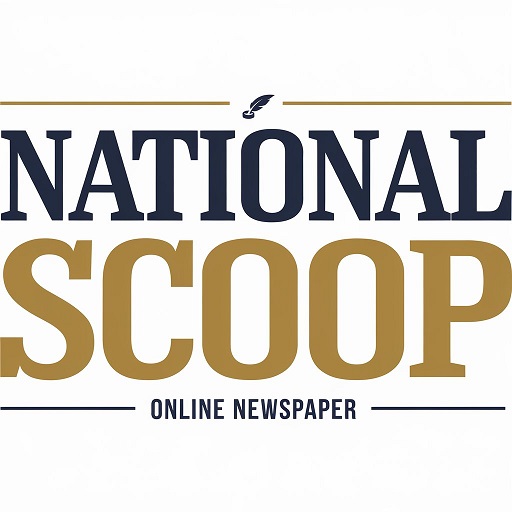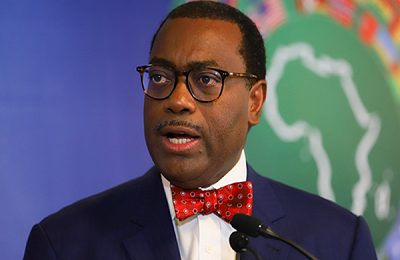Lagos – Falling global oil prices are creating new worries for Nigeria’s economy. In response, the investment bank J.P. Morgan now advises investors to sell their holdings of Nigerian Open Market Operation (OMO) bills, citing increased global risks.
J.P. Morgan issued a research note on Friday. The bank warns that oil prices dropping below $60 per barrel pose a direct threat. Such levels could push Nigeria’s current account into a deficit. This situation puts pressure on the naira, Nigeria’s currency, and likely increases investor appetite for U.S. dollar assets instead.
Economic Impact and Currency Concerns
Should oil prices stay below the crucial $60 per barrel mark—Nigeria’s estimated breakeven point—the country faces serious economic difficulties. The naira could weaken further, potentially trading above ₦1,700 to the U.S. dollar. Experts also anticipate possible investment outflows reaching $10 billion, draining capital from Nigeria’s economy.
The Central Bank of Nigeria (CBN) is actively working to stabilize the currency. Records show the CBN injected about $550 million into the foreign exchange market during March. This move aimed to counter rising demand for dollars amid tighter supply. Meanwhile, Nigeria’s domestic bond market shows signs of strain. Market liquidity is notably thin, and borrowing costs (yields) have climbed sharply.
Market Stability Efforts and Future View
Despite these immediate headwinds, J.P. Morgan suggests a cautiously hopeful outlook for Nigeria’s economy over the medium term. The bank anticipates Nigeria will stick to its planned reforms. Key goals include reducing expensive fuel subsidies and improving domestic tax collection.
Still, Nigeria’s capacity to handle these global pressures depends heavily on two factors: a recovery in oil markets and continued government spending discipline. The CBN’s ongoing actions, such as market interventions and liquidity support, are designed to prevent chaotic price swings and maintain investor confidence. Close attention to global oil trends and Nigerian policy decisions remains vital.








